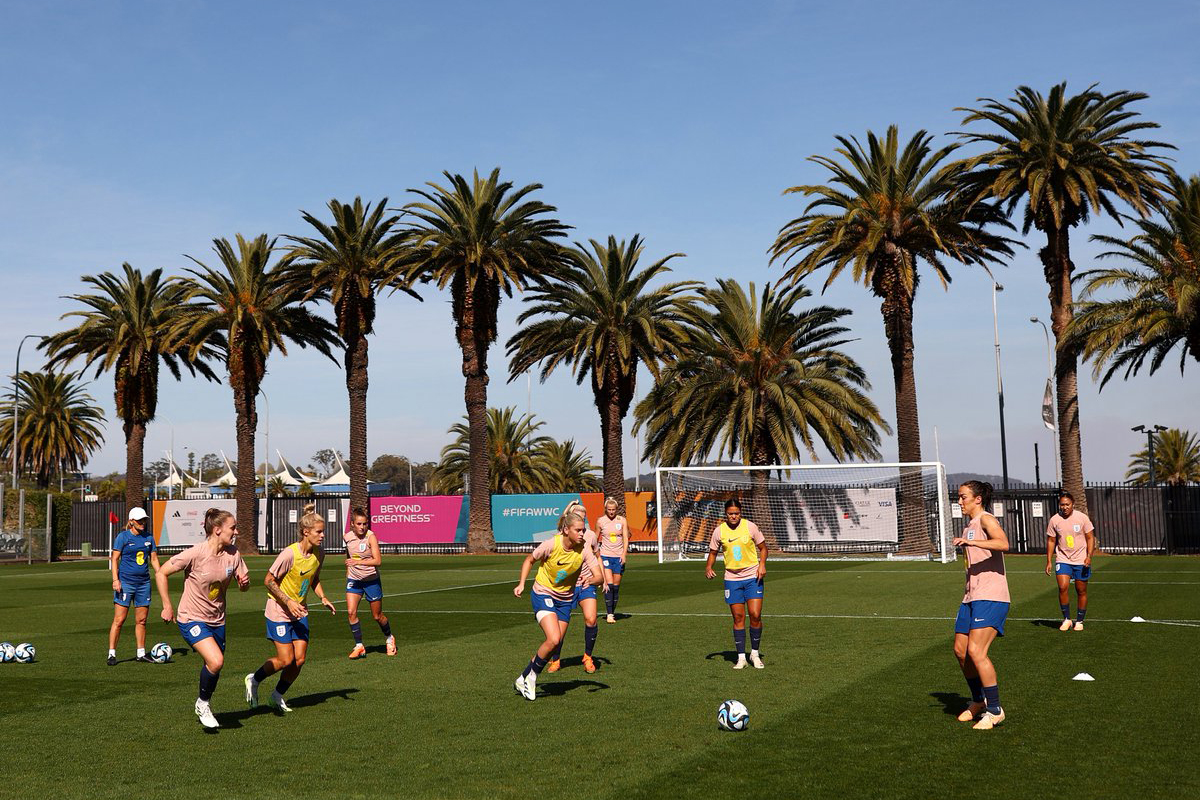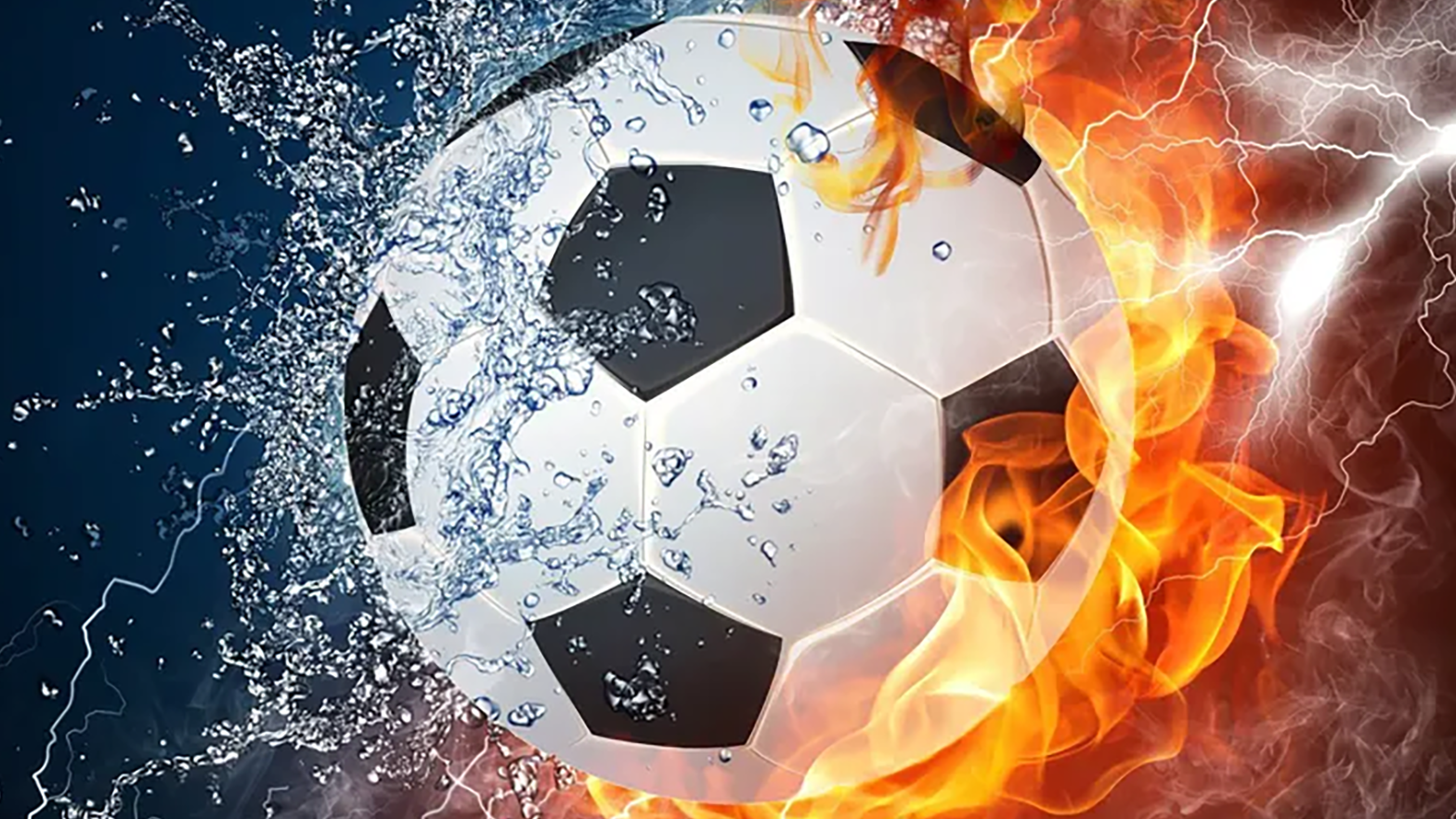Sprinting down the sideline trying to maintain a good visual of the players and the ball, Randy Hoffman makes his third offside call of the half.
A teammate of the player called offside screams and curses at Hoffman questioning his refereeing ability.
Hoffman was officiating his second Major League Soccer match between Chivas USA and D.C. United as an assistant referee, commonly referred to as a “linesman”. Although it was a preseason game, the level of officiating was expected to remain at a high level.
Hoffman said he kept his composure and remained quiet while the player continued insulting him.
“The guy kept screaming at me and I can’t say anything, but really, what could I say? He’s a professional athlete,” says Hoffman.
Referees are no strangers to confrontation. So, what is the reason why officials accept this role? Hoffman says his job is driven by much more than just a paycheck.

Referees are thought to be the main villain in any sporting event. Hoffman says, people tend to overlook a referee’s main motive for officiating: passion for the sport.
Hoffman began refereeing soccer when he was 17, and is now a Grade 4 referee who officiates professional soccer games.
Hoffman’s love for the game results in him officiating at his highest level so he is able to watch a good match while he works. He explains that refereeing professional games tends to be far from a job.
“Soccer is my passion, and to be able to referee professional matches now serves as entertainment,” says Hoffman.
The passion that referees have for the sport further strengthens with the influence they can have on a child’s development. Officiating requires referees to lead by example and serve as a mentor who can inform children about the rules and sportsmanship.

Andrew Reddish, Intramural Sports Supervisor at Sacramento State, says he enjoys refereeing children because of the influence he can have on their game. Referees ultimately have the ability to help improve a child’s skills, and for officials this is enjoyable.
Hoffman says he likes to referee teenagers because he gets the opportunity to watch them improve their game and possibly go on to play in college. He gets joy out of providing players with good officiating in order to allow them to show off their skills without the risk of getting injured.
“There are so many bad referees out there,” says Hoffman. “I like to give kids the opportunity to play a better game.”
The process of becoming a good referee is not an easy road to go down. Athletes and spectators will criticize every call that is made, whether good or bad.
Jim White, a writer for The Telegraph in London, writes that English official Oliver Dalton enjoys the difficult challenge of refereeing. “There is no comfort zone out there on the pitch, and for him that is exciting,” writes White.
Officiating requires a lot of practice and takes an extensive amount of time to become successful.

Commitment is key to becoming a better official, and this drives a referee’s motivation to continue his or her job. People are not always aware of the necessary skills it takes to be a referee, and are often extremely critical.
According to Abdollah Ghasemi’s study regarding what skills make a good referee, desired attributes for making correct decisions include good visual skills and memory.
Professional referee Steven McLean says that refereeing a soccer game requires numerous skills and intelligence, writes Henry Hepburn, a journalist for TES Connect.
“A referee must show leadership, manage people, defuse confrontations, be ultra organized, cope with extreme pressure, solve problems and make judgments in a split second,” writes Hepburn regarding McLean’s perspective.
With all this responsibility to maintain during a game, players leave no room for error. Being able to execute all these skills in a matter of seconds requires strict discipline, commitment and most of all passion that is not always recognized.
“Being an official is a true test of character because you are going to make mistakes, but it’s all about how you respond,” claims Reddish.
Top officials generally are passionate about the game and spend much time on their practice. The next time you are sitting on the sideline spitting seeds or sitting on the couch spectating your favorite team on television make note of the concentration of the referee, it is truly a manner of expertise.





